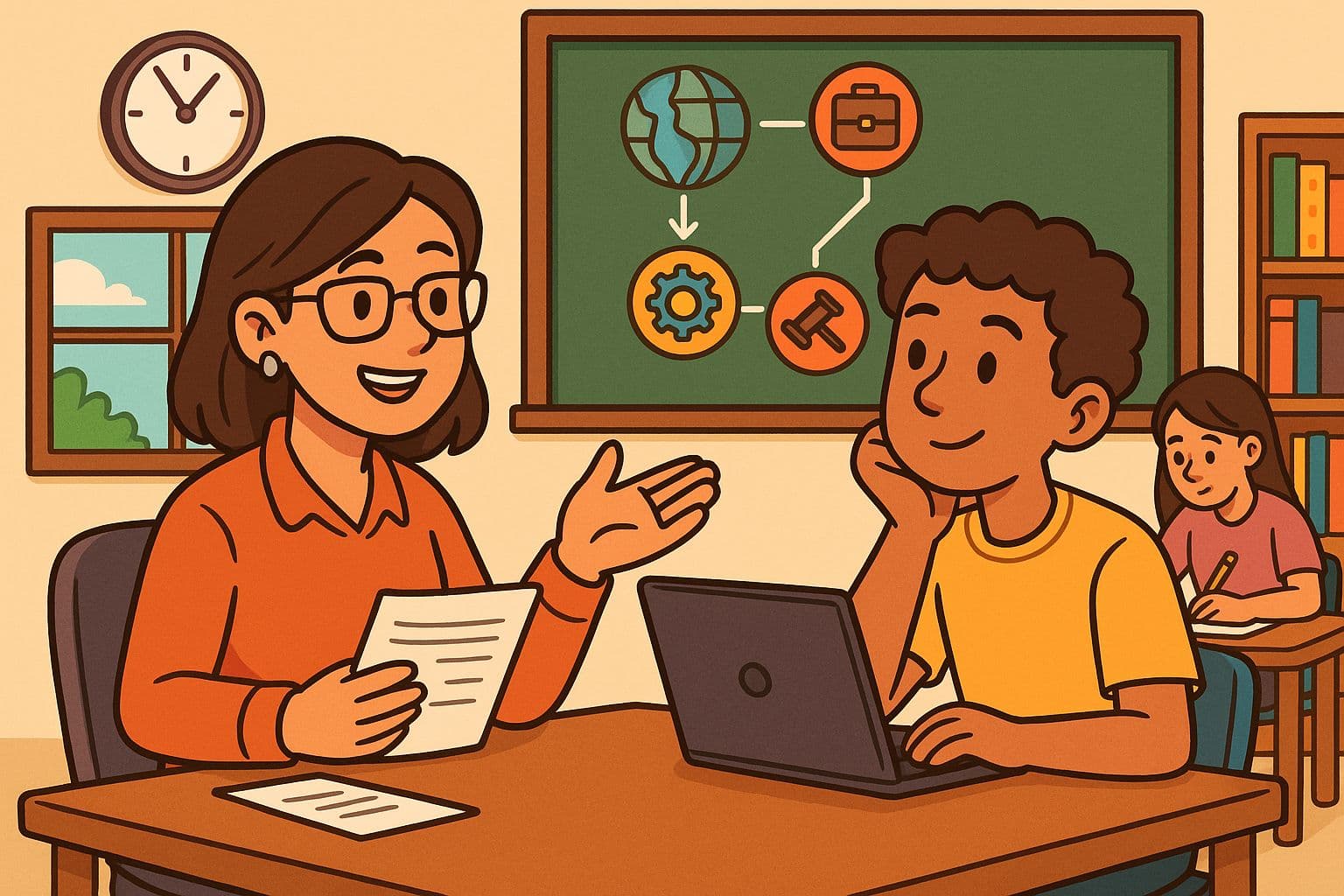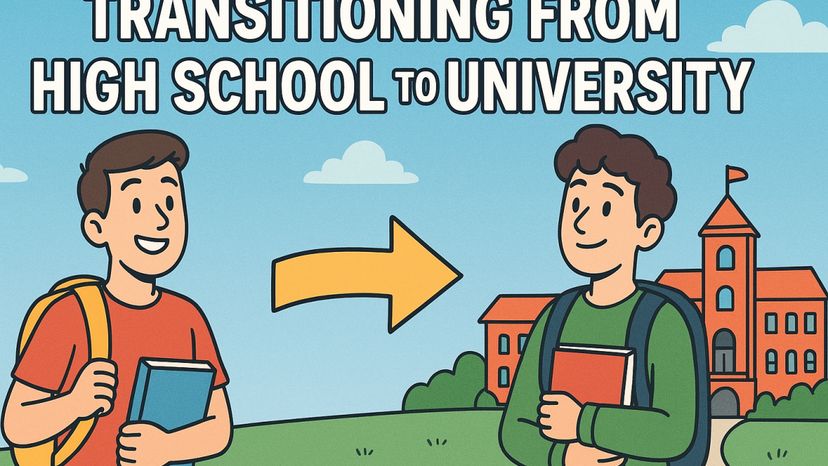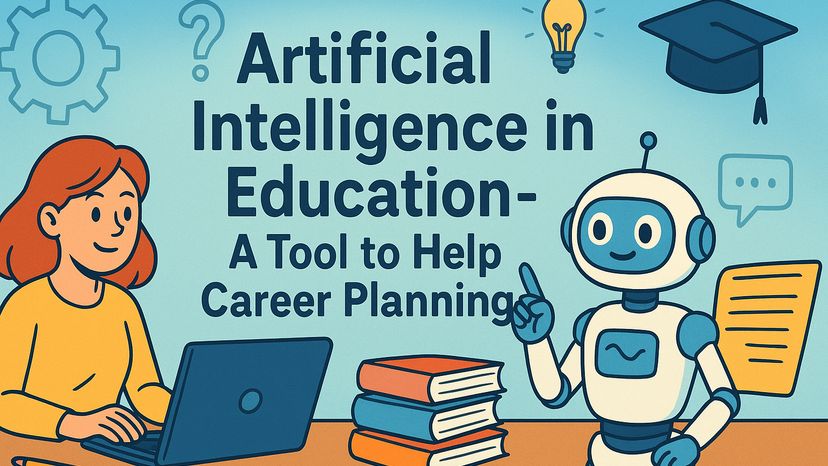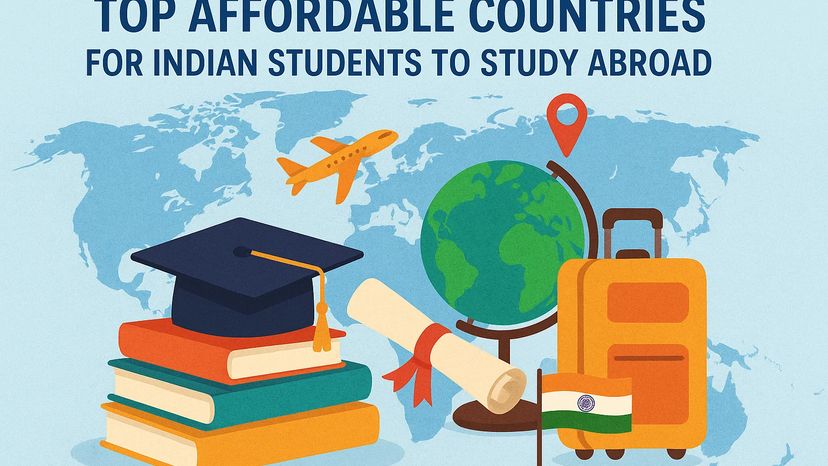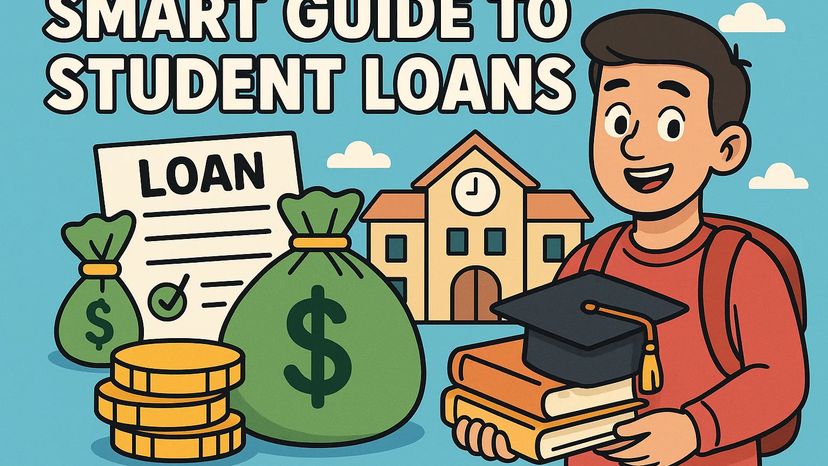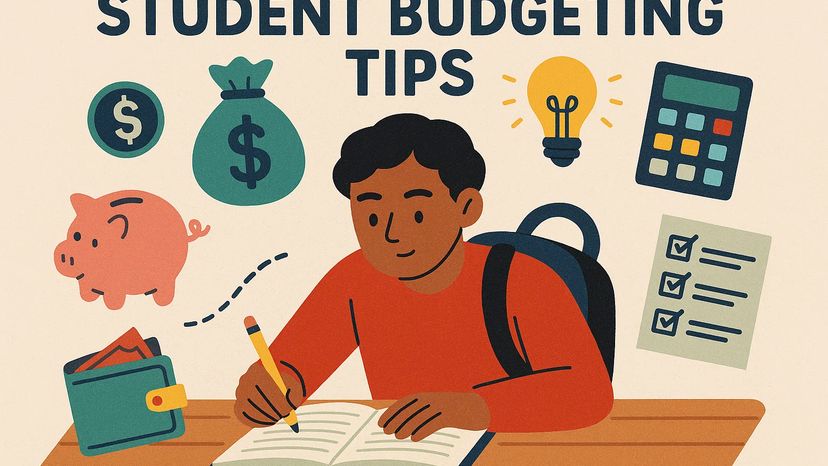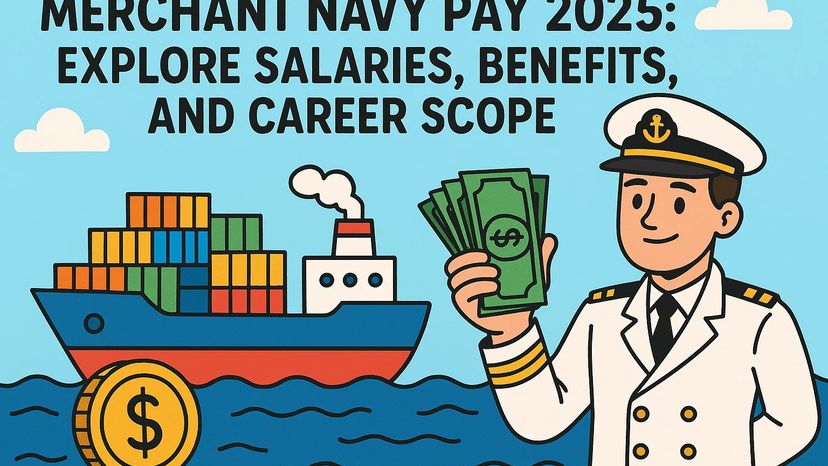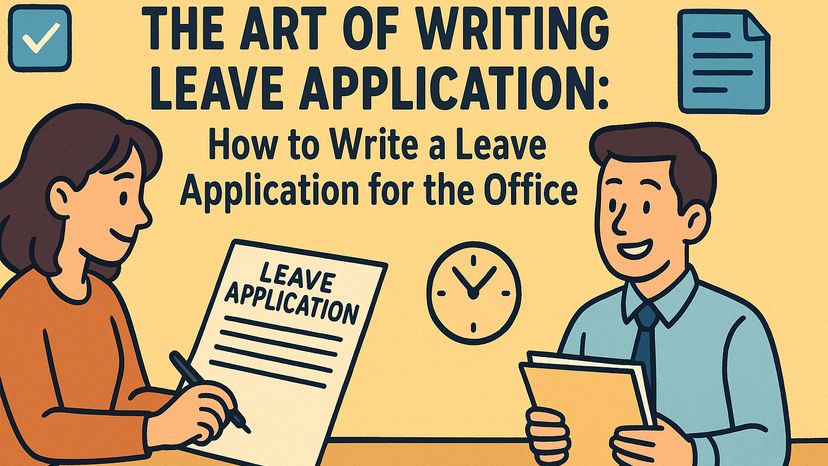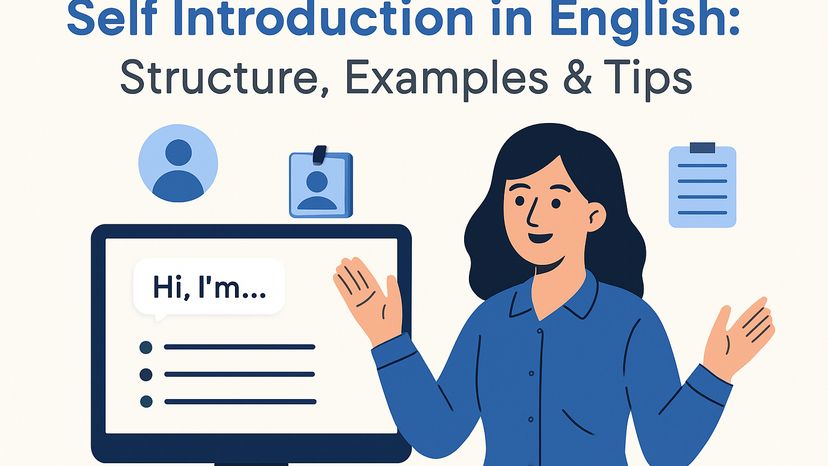The reality of the current education system no longer permits educators to just teach the curriculum. Students now have the challenge of managing a world with ever more careers and technologies, and global competition. Young people need help from a career counselor to make sense of their skills, and to map out a route through advanced study that aligns with careers and opportunities in the future. The career counselors in schools work with youth in exploring a variety of industries, build self-awareness of their own skills and strengths and help them to establish a plan for their educational and career prospects. The reality is that there is a critical shortage of full-time counselors to do this. In the United States the average student‑to‑counsellor ratio is 385‑to‑1 and nearly one in five high schools lack any counsellor at all. India’s National Education Policy (NEP) 2020 calls for “counselors or well‑trained social workers” to be connected to every school to support students and parents. Faced with budget constraints and rising demand, schools hiring freelance counsellors is becoming the norm rather than the exception.
Throughout the rest of this article you will learn why freelance career counsellors have emerged as a practical solution and how their expertise can augment school career guidance services. We will explore policy drivers, outline school career counselling opportunities for aspiring practitioners and offer guidance for administrators seeking to engage independent advisors. By the end you will understand why schools prefer freelance career counsellors and how these professionals fit into today’s educational ecosystem.
The Increased Necessity of Career Guidance
Great guidance allows students to become self-aware and resilient, while also exposing them to a realm of possibilities. Research identifies that counselling improves the chance of making a personal decision about a career by about one-third. School career guidance service can go beyond measuring aptitude; it involves critical thinking, mental well-being and continual engagement with learning. Career counselors in schools are specialists who help students establish their strengths, interests, and values, and ultimately apply this knowledge to subjects and extracurricular activities. Career counselors give students information about scholarships, new vocational courses and emerging industries that regular teachers or school career leaders may not have knowledge of. They also link students with their parents and teachers to build a network of support and guidance that makes sure that young people find a career that fuels their passion.
Although it is essential, guidance is often under- resourced. The NEP 2020 recommends that counsellors, social workers, family, and communities engage to support children and youth. It calls upon the states to ensure that every school has sufficient counselling or trained social work staff to teach and provide career and personal educational advice to students. However, many institutions cannot support a full-time employment staff model. This is where freelance career counselors come in. Freelance career counselling can provide quality career education/counselling services with no permanent salary, thereby helping schools meet policy with respect to its size and purpose with respect to resources. In an environment with limited budgets, and a diverse population - freelance and contract- based counsellors in education can help fill the gap that may limit or inhibit equity in access to guidance.
Why Schools Hire Freelancers
There are several reasons schools hiring freelance counsellors is increasing. One is flexibility. Freelancers can be engaged for specific tasks, such as exam season workshops, college application mentoring or career fairs. Administrators can scale services up or down based on demand, paying only for the hours needed. This has become particularly appealing as schools balance budgets after the pandemic. Another reason is access to specialised expertise. A school may not justify hiring a full‑time counsellor with deep knowledge of data science, creative arts or entrepreneurship. Instead, they can contract a specialist for a short series of sessions. Such independent career advisors for schools bring fresh perspectives that broaden students’ horizons.
Cost is another decisive factor. Hiring permanent staff involves salaries, benefits, office space and administrative support. Freelance education counselors typically charge by the hour or project, which reduces long‑term financial commitments. The ability to conduct virtual sessions means remote experts can serve students without travel costs. This remote flexibility was popularised during lockdowns and continues to make outsourced student counselling services attractive. When school budgets are uncertain, it is easier to secure approval for a contract than a full‑time position.
Finally, freelance arrangements allow quick adaptation. When a sudden surge of interest arises in fields like green technology or artificial intelligence, administrators can bring in counsellors who understand these industries. As trends evolve, they can switch to different experts. This agility is one reason schools prefer freelance career counsellors over long‑term hires. It ensures students receive up‑to‑date advice even when the job market shifts rapidly.
Benefits for Schools and Students
The benefits of hiring freelance counsellors in education do not just stop at saving money. First, schools benefit from more professionals to network with. Independent consultants can introduce students to alternative, rewarding paths that a school's full-time staff may not have the experience to offer. Freelance career counsellors also have a range of experience, and can expand learners’ possibilities and help them uncover careers they did not even know existed.
Since they work independently, freelance therapists can offer objective advice, uninfluenced by the politics of the school, and they may use innovative approaches such as digital and gamified assessments to excite learners. Additionally, their ability to work across multiple campuses means they are able to gather best practices and contextualize them within each setting. More so, contracting contract-based counsellors in education allows schools to navigate government mandates and regulations in a way that is less burdensome.This model supports rural campuses that cannot recruit permanent staff and offers an efficient form of outsourced student counselling services.
Opportunities for Counsellors
The trend towards flexible hiring has created significant school career counselling opportunities. Counsellors in independent practice experience greater freedom in setting their schedule and their client base. They may choose to focus in a specific topic area, these can range from STEM to liberal arts to sports to entrepreneurship.
These roles have a range of functions. Some roles focus on one‑on‑one coaching for students to assist them with strengths identification and academic planning. Other roles focus only on group workshops or curriculum development. There are school-based career coaching positions with a community focus, connecting students to industry mentors, internships, or job shadowing. The rise of ed‑tech platforms has further expanded school career counselling opportunities by connecting counsellors to schools worldwide.This marketplace model provides professionals with opportunities to bid on projects and builders portfolios to demonstrate proficiency and gain income. The gig economy has normalised part-time educational counsellors roles. A career serving in these roles is a viable choice.
These opportunities also support schools. By engaging with several freelancers, schools can take advantage of specialist knowledge without being reliant on it as a permanent staff hire. For example, a school could engage one counsellor to conduct assessments, and another to help students prepare for public speaking. This interesting use of freelancers allows for better services as a school career guidance services, while ensuring that counsellors do not get overly fatigued.
How to Become an Independent Counselor
For anyone interested in becoming a freelance career counselor, the first step is obtaining a proper qualification. In most countries, school counselors have a master's degree in counseling, psychology or education. Certification in psychometric testing, career coaching and/or mental health is also useful. Once credentialed, the next step is to develop a professional network. You want to become a part of the counseling associations, attend training conferences and network with schools looking for school career counseling services. Developing a network not only results in referrals; it allows counselors to share best practices with each other.
Marketing is also critical. A professional website provides value in listing services, qualifications and testimonials from previous clients. Sharing articles you have written, providing information webinars, or developing free resources can help pull clients to your practice. You must also be careful in how you portray these flexible counseling roles in education to demonstrate specific school needs or responses. If you have experience with grants, scholarships or vocational programs, detail your exposure. Careful planning around financial management as well as your professional development is essential for freelancers since you are the boss.
Hiring and Working with Freelancers
As administrators, engaging a freelancer starts with identifying your needs. You will need to determine whether you require one-on-one counselling, group workshops, teacher training, or parent workshops. When considering independent career advisors for schools, you should verify their credentials, references and samples. It is preferable to document your expectations in a contract that outlines services provided, hours worked, charges and fees, confidentiality, and data protection measures. Since freelancers often juggle a number of clients, spelling out deadlines and methods of communication will help to avoid misunderstandings.
Another factor that schools prefer freelance career counsellors is that they can match the expertise to students' specific interests. While interviewing candidates, ask what they are doing to keep current with labour market trends and how they adjust their programmes to various age groups. Good career counsellors will show cultural sensitivity, ethical practice and an evidence based approach. By hiring the right professionals, schools can fully benefits of hiring freelance career counsellors in education.
Challenges and Considerations
Freelance arrangements have their challenges. One challenge for the freelancers and the students is continuity. Students generally develop their trust through consistent relationships, and having a number of different counsellors can be disruptive. One way schools can minimize this issue is to keep the successful freelancers on for a number of years or form small team groups that can share notes and strategies.Measuring impact is another challenge. Without formal performance evaluations, administrators should establish metrics such as student satisfaction surveys, progress tracking or college acceptance rates to assess outsourced student counselling services. Transparency and feedback loops allow for accountability.
From the perspective of the counsellor, freelancing allows for flexibility but there is no permanence for the role. There are no health benefits or paid leave for part-time educational counsellor roles; also, income may vary seasonally. In order to support themselves, contract-based counsellors in education have to continuously spend time on professional development, ethics training and marketing. They also must manage their calendars to avoid burnout. Written contracts, reasonable workloads and pursuit of a professional network will help maintain the quality of the work being done.

